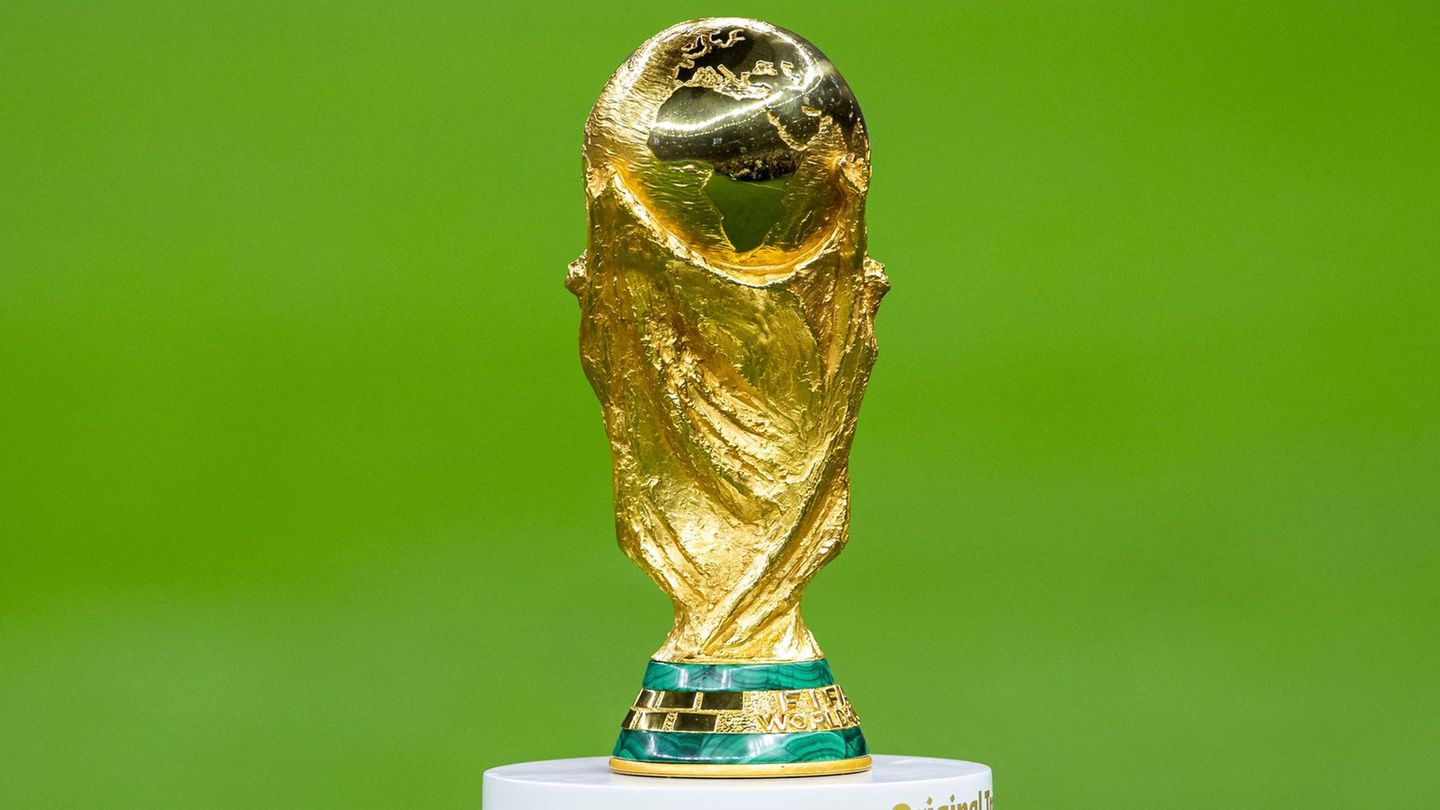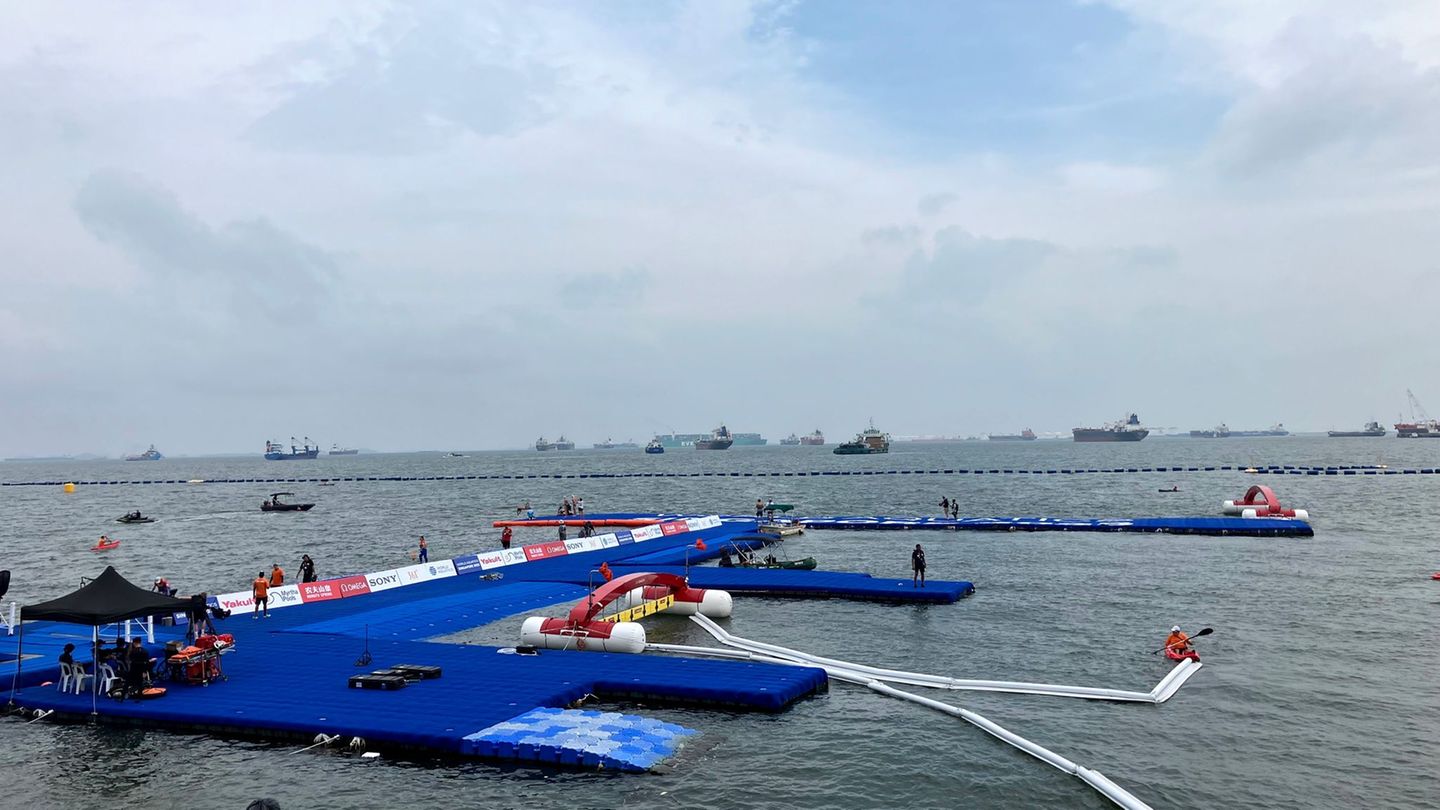To this end, the energy ministers, including head of department Leonore Gewessler (Greens), will meet in Brussels on Friday. Five measures by the EU Commission are up for debate, but the Czech Council Presidency also has plans. Meanwhile, Austria decided to put a brake on electricity prices. An overview:
How is the electricity price determined?
Electricity is produced from various energy sources: In addition to wind, sun, nuclear power, coal and biomass, there is also gas. The sharp increase in the price of gas against the background of the war in Ukraine is driving up the price of electricity accordingly, as this is based on the most expensive energy source. Energy companies that produce cheap electricity, such as from renewables, thus make big profits. The currently high demand is the reason why expensive gas-fired power plants also have to be operated to produce electricity.
What do the five proposals of the EU Commission look like in concrete terms?
First the Brussels authority wants to start with electricity consumption, which is to be rationed at peak times. “We will propose a binding target for reducing electricity consumption at peak times,” said EU Commission President Ursula von der Leyen, according to the German Press Agency (dpa) on Wednesday.
Secondly a cap on the profits of electricity companies that can produce cheaply is to be introduced. Some of these “chance profits” are to be skimmed off and used to relieve households and companies that are particularly affected. However, investments in renewable energies should not be slowed down either.
Third the EU Commission plans to levy a solidarity tax on companies in the fossil energy industry. This should also relieve consumers.
Fourth there should be liquidity support for energy supply companies that are currently struggling with enormous fluctuations in the markets. “We will update our state aid frameworks so that state guarantees can be provided quickly in an emergency,” von der Leyen said.
Fifth the EU Commission is pushing for a price cap for imports of Russian gas. “The goal here is very clear. We have to reduce Russia’s income, which Putin is using to finance his cruel war against Ukraine,” said von der Leyen. However, according to some EU countries, there is a risk that Russia will then no longer supply any gas at all.
What are the Czech Presidency’s proposals?
The Czech Council Presidency presented similar plans a few days ago. In one of its discussion papers, it calls, among other things, for the decoupling or limitation of the impact of the gas price on the electricity price. For example, the price of gas used to generate electricity is to be temporarily capped, as is the price of gas imported from certain countries. In addition, the Czech Republic proposes examining the emissions trading system (ETS) as an instrument for combating high electricity prices.
What’s next?
On Friday, the EU energy ministers will meet in Brussels for consultations. The Brussels authorities want to present the legal texts next Tuesday. After that, the EU states have to agree again. They use Article 122 of the Treaty on the Functioning of the European Union as a basis, which states that there is talk of measures “in the spirit of solidarity between the Member States,” “especially if there are serious difficulties in the supply of certain goods, especially in the energy sector , appear”. The EU Parliament therefore does not have to approve the proposals.
What measures has Austria taken?
A few days before the meeting of EU energy ministers, the federal government decided to put a brake on electricity prices. This caps the tariff until mid-2024. For the first time, the relief should be visible on the electricity bill for December. Specifically, the price is sponsored up to a consumption of 2,900 kilowatt hours. Until then, only 10 cents per kilowatt hour have to be paid.
Source: Nachrichten




